Welcome to Multimedia Technologies, a dynamic and hands-on course designed to equip learners with the art and science of image and video editing — the cornerstone of contemporary digital media production. This course navigates the rich landscape of multimedia technologies, encouraging students to explore the transformative potential of visual storytelling through sophisticated editing techniques.
- Teacher: Houda Bechir
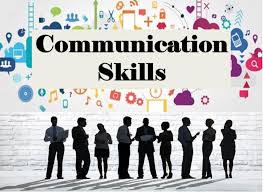
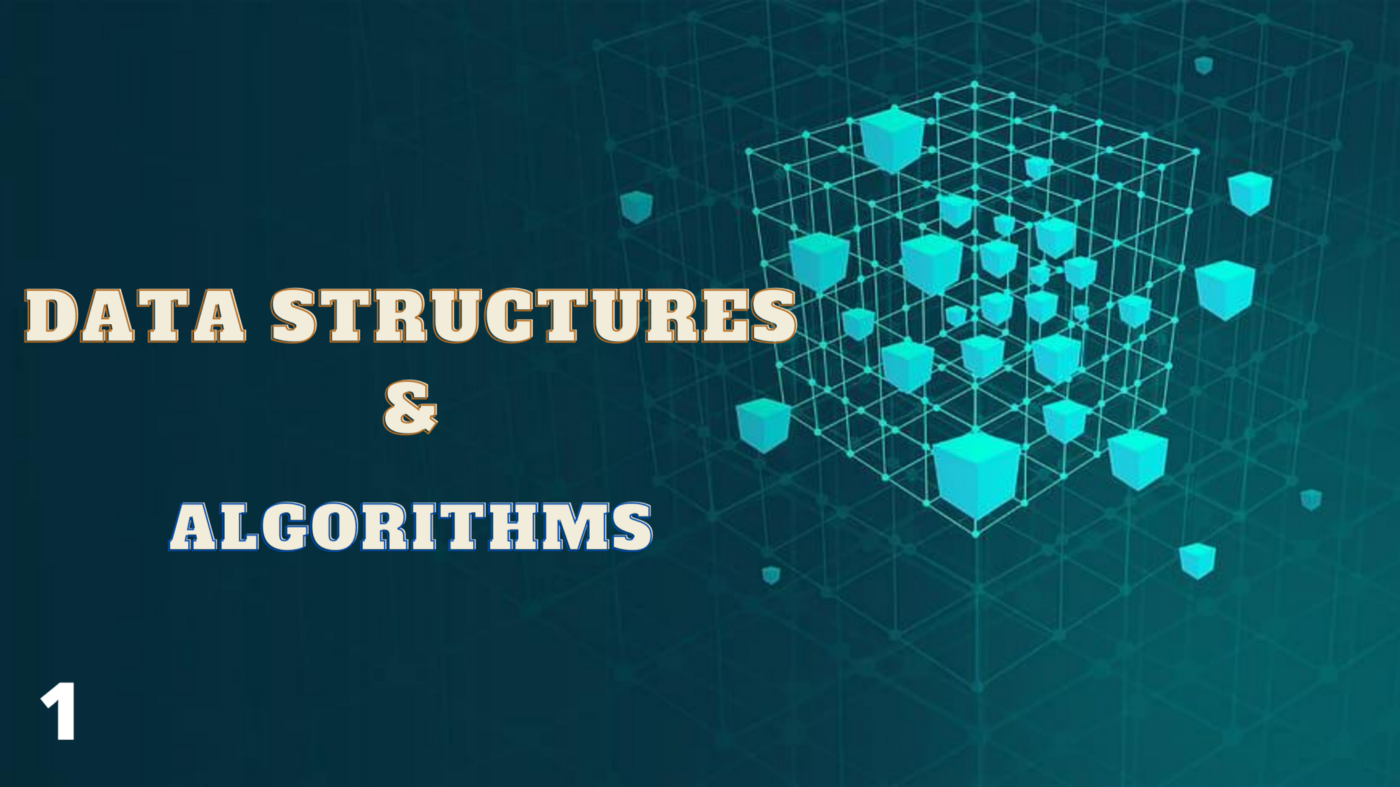
This course will enable students to
- Analyze a given problem and define the algorithm
- Translate the solution of the problem in a rigorous and optimized way and ready to be translated using any programming language.
- Teacher: Houda Bechir
- Teacher: Asma Mansour
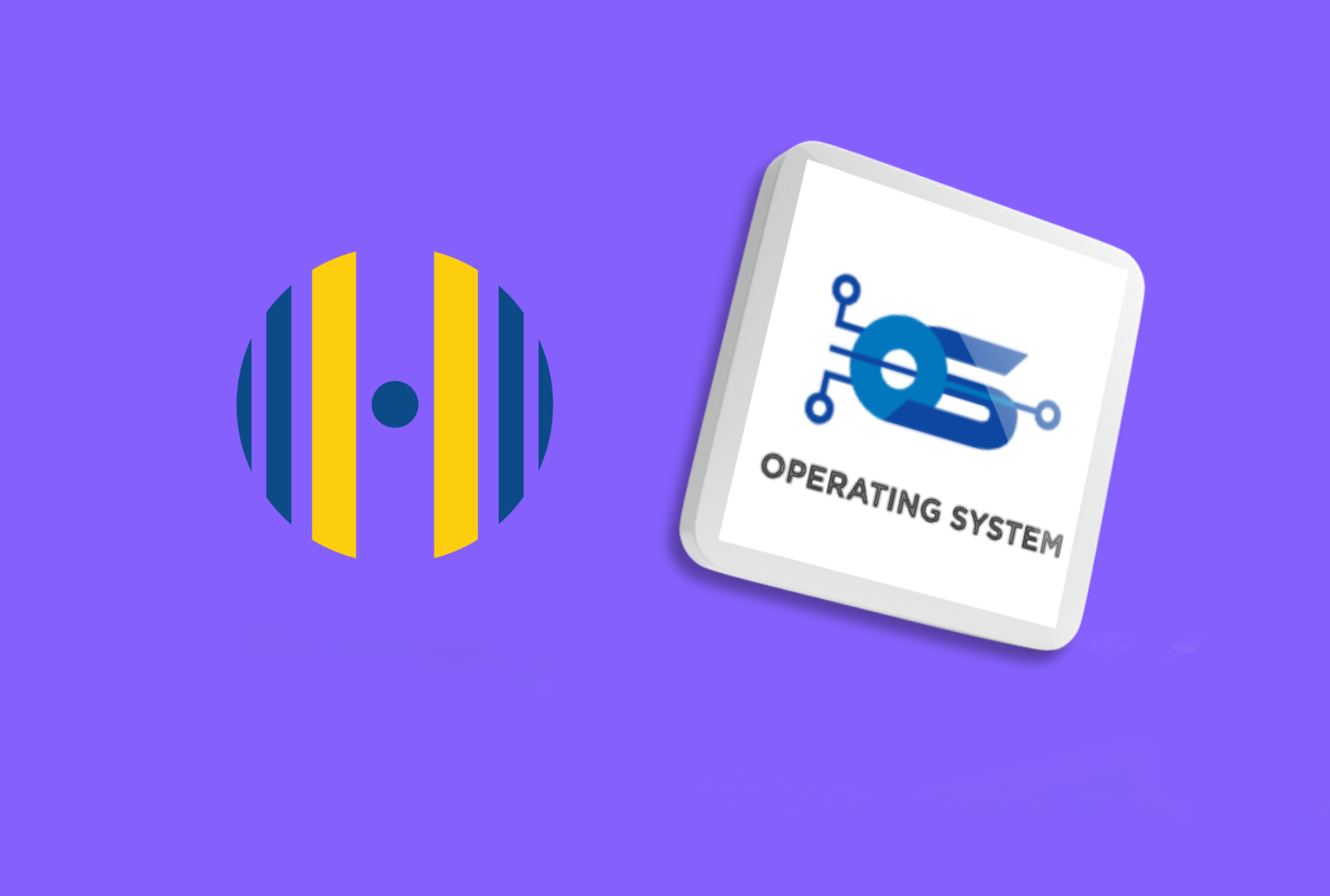
This course is your gateway to understanding the fundamental concepts, principles, and intricacies of operating systems, the hidden backbone of modern computing.
It will be a comprehensive course to explore the Linux OS.
- Teacher: Nawel Bayar
- Teacher: Houda Bechir

Analysis 1 provides foundational concepts in mathematical analysis, focusing on real numbers and their applications.
Chapter 1: Real Sequences: Introduces the notion of sequences, their limits, convergence and divergence.
Chapter 2: Functions of a Real Variable: Explores functions, continuity, limits, and differentiability.
Chapter 3: Primitives and Integrals: Covers the theory of integration, focusing on finding primitives (antiderivatives) and applying integral calculus techniques.
Chapter 4: Limited Developments
Discusses Taylor theorem, allowing the approximation of functions using polynomial expansions.
- Teacher: Khalil Zahmoul
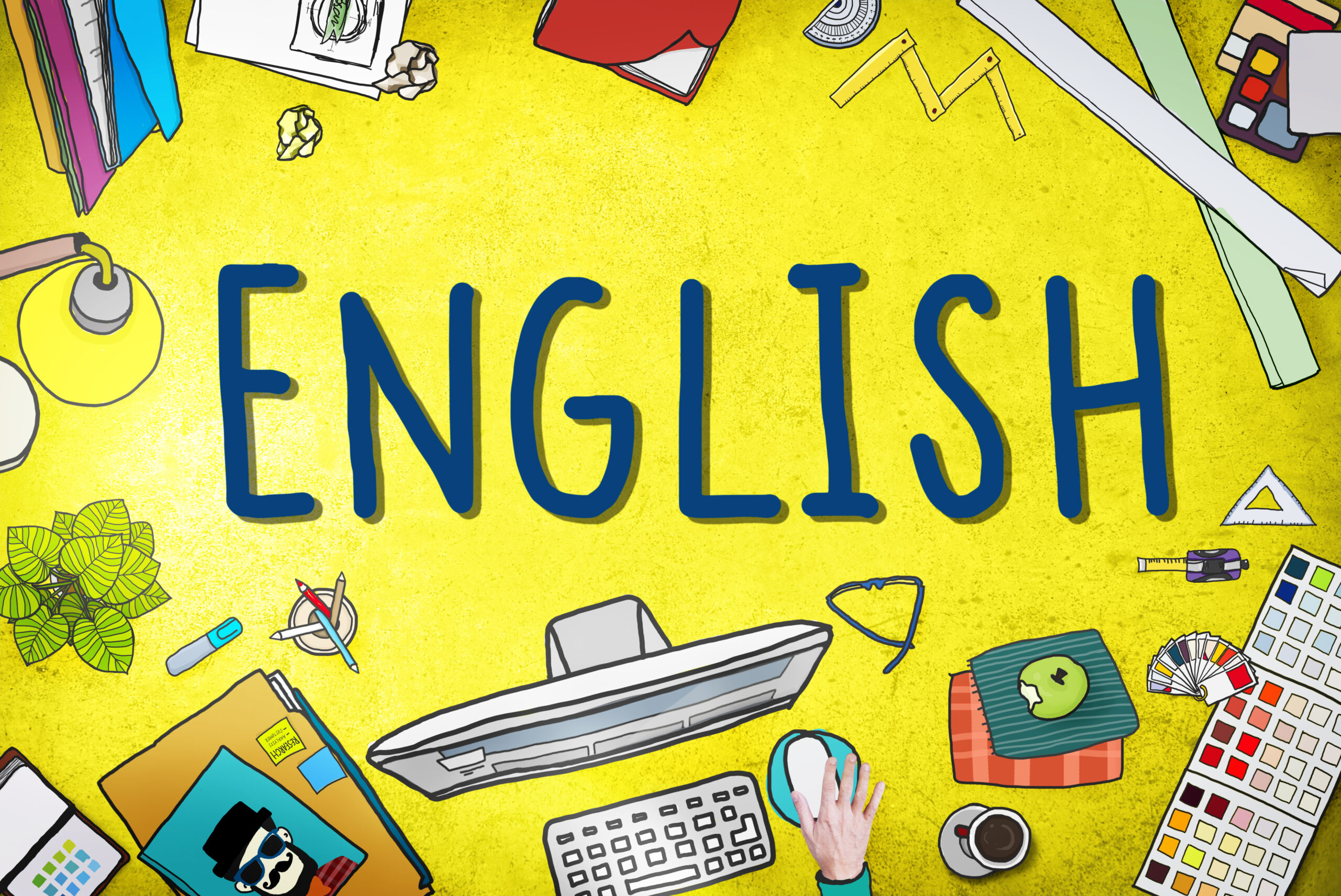
This course is a Template, please add your description and change the course photo.
- Teacher: Safa Gallala
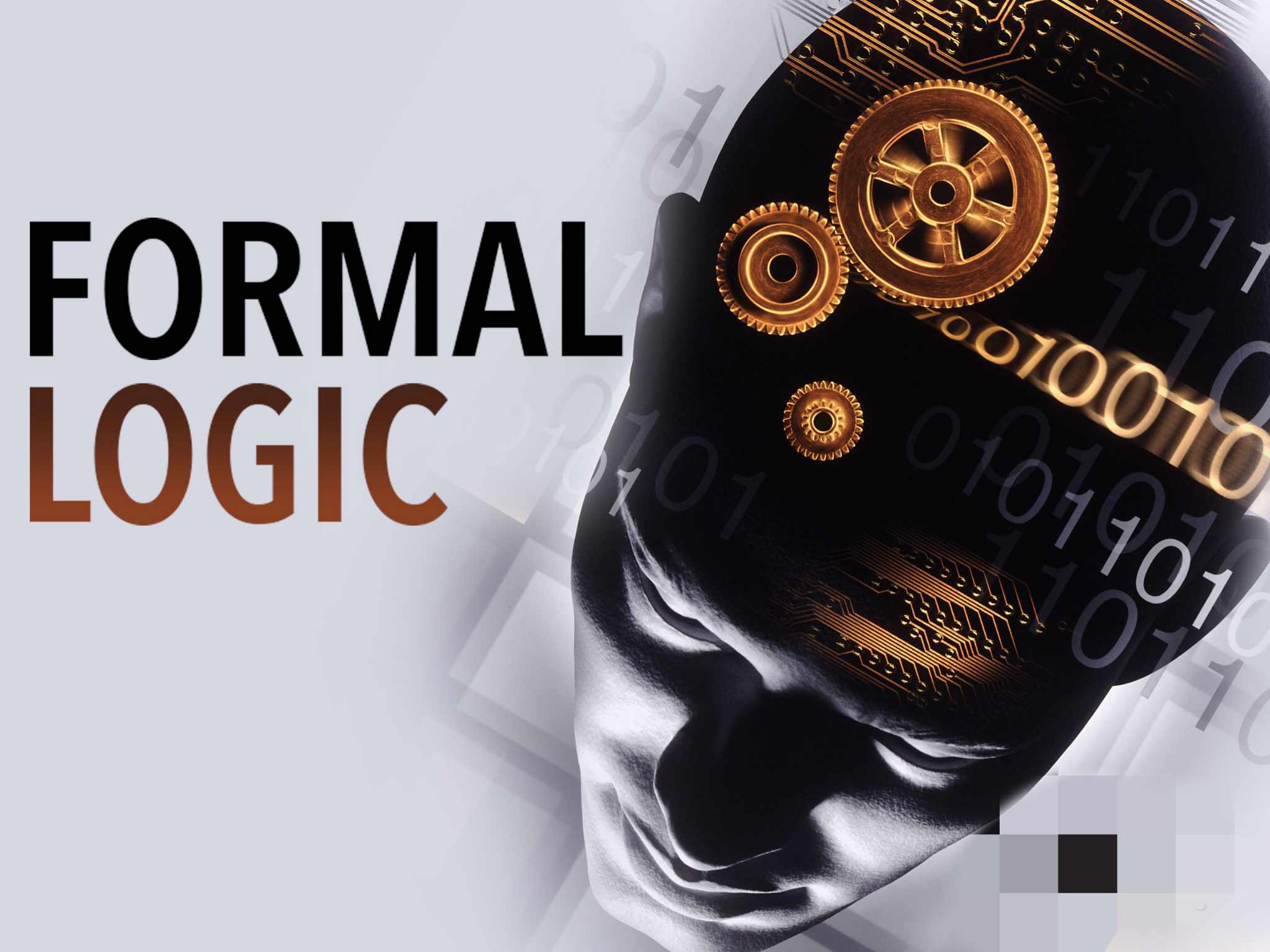
The Formal Logic course introduces students to the principles of logical reasoning and the formal methods used to represent and evaluate logical statements. The course explores the structure of arguments, the validity of reasoning, and the application of formal systems to solve problems. It lays the foundation for understanding how logical systems are applied in computer science.
- Teacher: aida lahouij
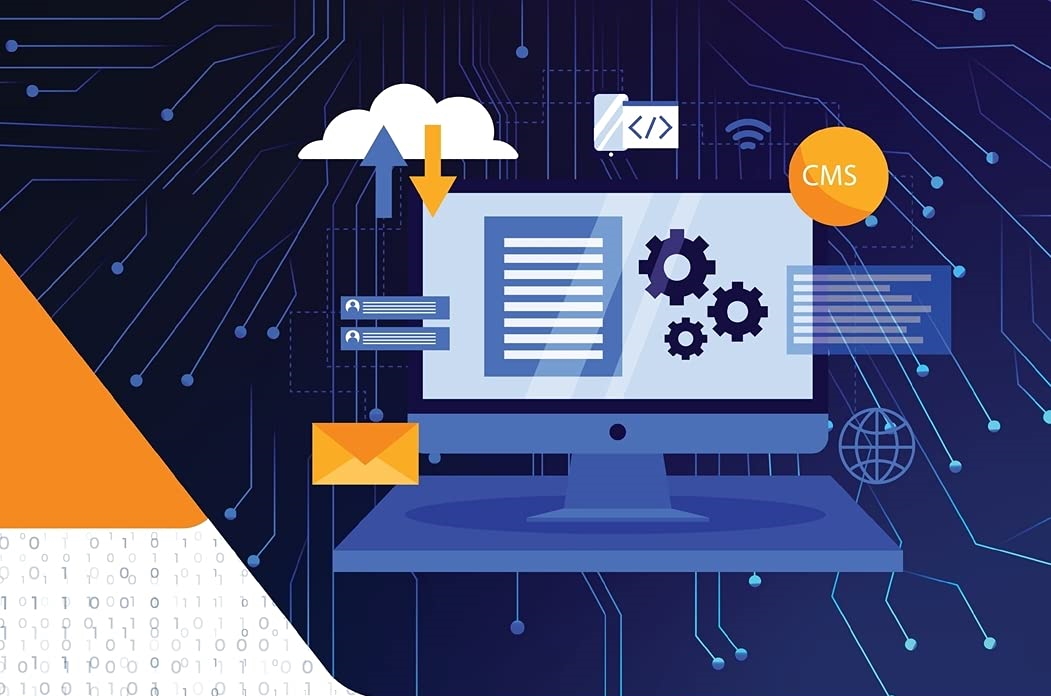
Course Objective:
Present the basic hardware architecture of a Computer system. The following topics are discussed:
- Learn how information is stored in a computer system
- Become familiar with Logical functions and combinatorial/sequential circuits used in computers
- Study the computer architecture and its main components (Microprocessor, Memory, Bus, etc.)
- Introduce low-level programming: Assembly Language
- Teacher: Samer Lahouar
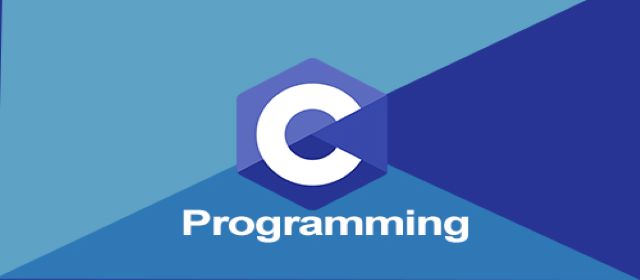
This course is a Template, please add your description and change the course photo.
- Teacher: Asma Mansour
- Teacher: Ahmed Saidane
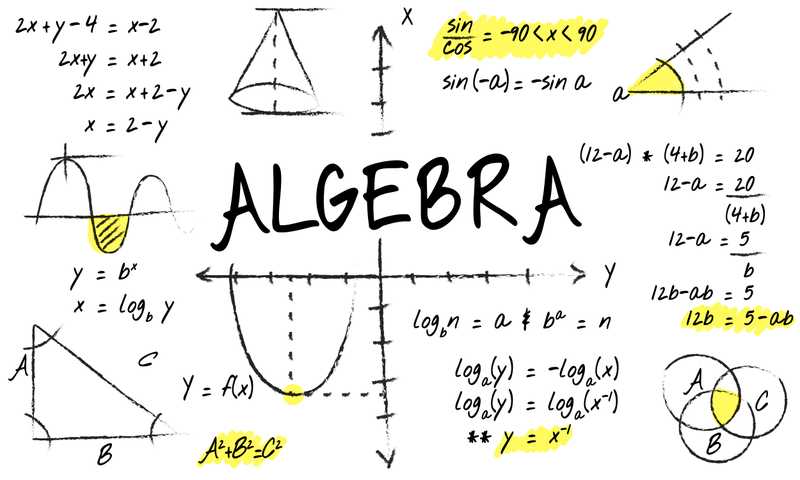
Algebra 1 covers foundational topics in algebra with three key chapters:
Chapter 1: Polynomials and Rational Fractions: Focuses on polynomial operations, factorization, roots, and the manipulation of rational fractions.
Chapter 2: Vector Spaces: Introduces vector spaces, subspaces, linear combinations, bases, and dimensions.
Chapter 3: Linear Applications: Explores linear transformations, their properties, kernels and images.
This module equips students with essential tools for understanding higher-level algebraic structures and applications.
- Teacher: Khalil Zahmoul
